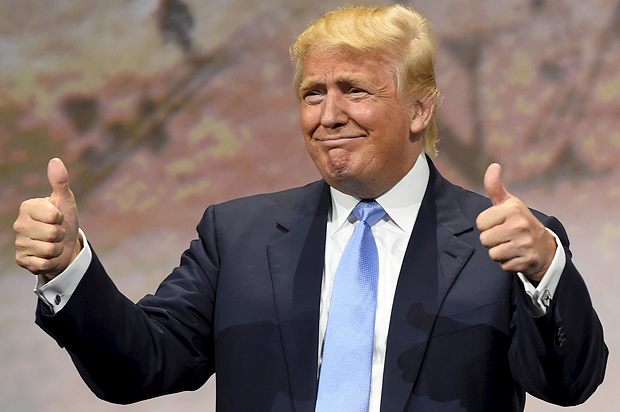Through all of the usual tumult of the past year in global politics, one thing has been pretty consistent: Polls keep getting things very wrong.
In Israel, for example, polls consistently predicted that Benjamin Netanyahu was facing a very real chance of being ousted as Prime Minister. Instead, Netanyahu solidified his grip on power. In the United States, pollsters completely underestimated just how convincingly Republicans were going to win the 2014 midterm elections. Polls were so mistaken in the most recent British election that the UK polling industry has launched a full inquiry into why it called things so badly. Throw in polling errors in both the Scottish independence referendum and this month’s Greek bailout referendum and you have a markedly lousy stretch for the polling industry. You also have loads of great reasons not to make polls the central feature of your political coverage.
And yet.
It seems there is nothing that will make political reporters kick their habit of obsessing over polls, no matter how erroneous or meaningless they may be. We’re currently in the midst of a classic freakout, this time about Donald Trump’s lead in an ABC News/Washington Post poll of GOP primary voters. Cue the predictable hailstorm of agonized takes on “what to do” about Trump now. What does this say about America? What does this say about us?
Answer: Not much!
Let us be clear about what we’re discussing here. This is a national poll that shows Trump leading in a field of 16 nearly six months before anybody will even begin to vote. Since people actually cast votes on a statewide basis, a national survey isn’t exactly a representative snapshot; one this far out from an election is even more worthless. At this point in the 2008 electoral cycle, an ABC News/Washington Post poll showed Rudy Giuliani with a commanding lead over John McCain and the third-place Fred Thompson. How did that work out for Rudy? What about clear July 2007 frontrunner Hillary Clinton? Lest we forget that 2012 Republican polls showed everyone from Herman Cain to Newt Gingrich in the lead. Were either of those two ever going to be president?
When political reporters make such a fuss about this stuff, the first thing I wonder is when they last talked to a normal human being. We journalists repeatedly fall into the trap of assuming that everybody is as weird and obsessive as we are about the issues we care about. It’s almost never true.
For instance: I have been fanatically following the meltdown currently taking place at the website Gawker. A couple of days ago, I mentioned the fiasco to my brother. Of course, he had no idea what I was talking about. My brother is a very well-informed and intelligent person who just happens not to spend his entire life refreshing his Twitter feed, because, unlike me, he is a normal human being. There are some things — many things, even — that media professionals care about that literally nobody else in the world ever would (or should, for that matter).
No normal human being would be seriously thinking about the clown show that is the Republican primary when it isn’t even the year that the election is happening. That’s why, this early in the cycle, polls mostly show leads for whoever is the most well-known person running, or whichever candidate is attracting the biggest number of political die-hards.
Donald Trump is leading in the polls because he is a famous person who people have actually heard of, and who, thanks to his fame and the warm reception he is getting for saying crazy things, is getting a hugely disproportionate amount of media coverage. I know that Beltway journalists are aware of this because they are openly writing about how much the coverage of Trump is skewing the polls. So what is preventing them from giving these surveys the amount of space they really deserve? It is perfectly reasonable to pay attention to the Trump phenomenon and what it says about the state of the GOP, but plugging that story into the same old tired horse race narrative is not a productive use of anyone’s time at this stage in the campaign.
Reporters love polls because they are easy to talk about, and because they reduce campaigns to a clash of personalities. (This isn’t just an American problem; in the most recent British elections, the main broadcasters spent more time on the horse race than on all substantive issues combined). Would it be such a loss if the media acknowledged that it is a waste of time to talk about the polls right now, and focused on other things?
This is not to say that there is no place for polls in campaign coverage. Of course there is! But what would be so horrible about taking a breath until we actually get closer to the casting of real votes? Remember: we have to get through all of 2015 before anything that matters even begins to take place. It’s OK if the Beltway takes a vacation in August.
Journalists are not innocent bystanders in politics. They are active participants. They can choose to wallow in a morass of pointlessness, or they can choose not to. Given that there were a million articles this morning about how Hillary Clinton is trailing Republicans in polling for an election that is 15 months away, I won’t be holding my breath about what side of that divide they come down on.

